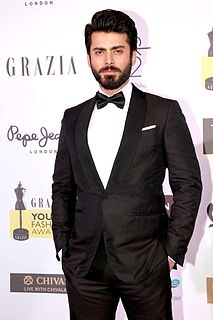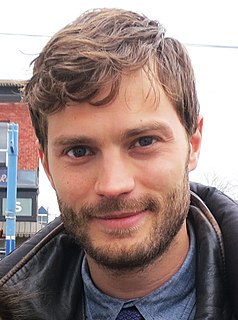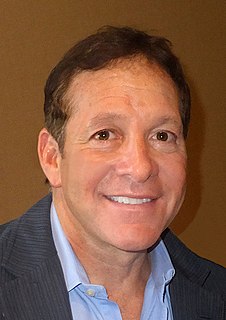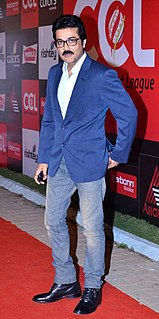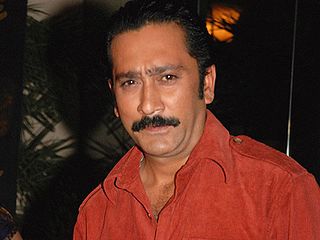A Quote by Jennifer Winget
Though both films and television sell emotions, let's not deny that it's way more challenging for small-screen actors to earn their respect.
Related Quotes
When people criticize me for not having any respect for existing structures and institutions, I protest. I say I give institutions and structures and traditions all the respect that I think they deserve. That's usually mighty little, but there are things that I do respect. They have to earn that respect. They have to earn it by serving people. They don't earn it just by age or legality or tradition.
I'm so very grateful to the readers who put down their hard-earned money to read what I write. They don't have to do that. They choose to. And I try and earn that trust every time I put out a book. I know that sometimes the stories head into challenging territory and I respect that that can be hard. It's a wonderful journey, though, and I'm so glad we're all on it together!

